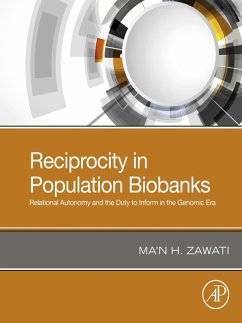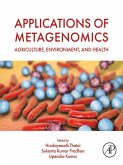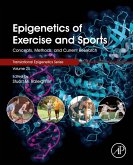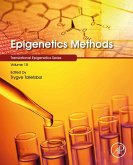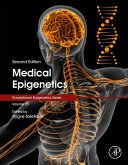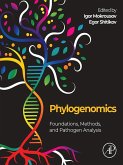In carrying out this analysis, this book pays special attention to alternative approaches and ways researchers, public health officials, and judicial bodies might interact in years to come. In other words, implementing an understanding of relational autonomy that acknowledges and sustains the multilateral relationships found in genomic research without compromising the rights of participants. In short, this book proposes a reconceived duty to inform for researchers and a new standard of disclosure that is more meaningful and impactful for research participants and researchers.
- Examines the limitations individualistic autonomy faces in the context of gene and population biobanks
- Proposes a reconceived duty to inform for researchers and a new standard of disclosure more meaningful to genomic research participants
- Suggests ways researchers, public health officials, and judicial bodies might interact to drive genomic research while still protecting research participants
Dieser Download kann aus rechtlichen Gründen nur mit Rechnungsadresse in A, B, BG, CY, CZ, D, DK, EW, E, FIN, F, GR, HR, H, IRL, I, LT, L, LR, M, NL, PL, P, R, S, SLO, SK ausgeliefert werden.

